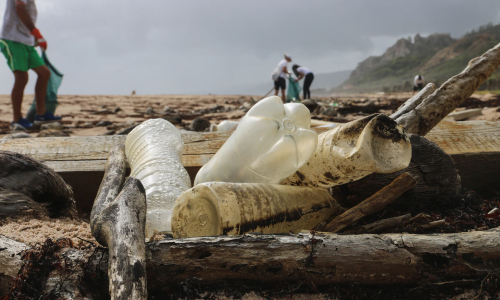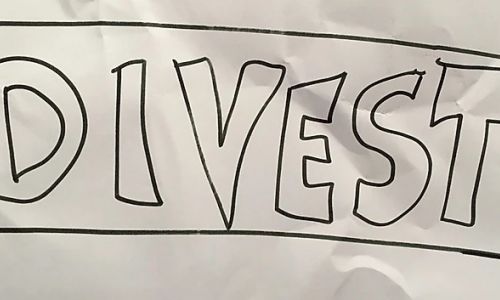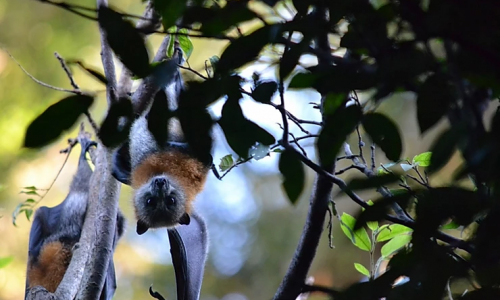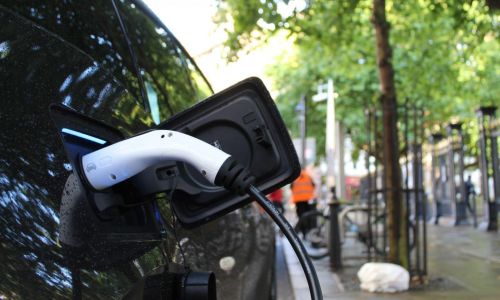The Role of Vets in the Climate Emergency
The planet's temperature is also rising, we have extensive environmental degradation, widespread pollution and we are losing biodiversity: we ARE in an emergency.
Andrew Prentis
Where are we?
Our planet's human population currently stands at around 7.5 billion, and globally we have never been richer. Despite what we see on the news every day, the threat across our planet of disease, starvation or war has never been less.
As any country becomes richer, it's diet improves, education becomes more widespread, child mortality drops and life expectancy increases. So the population rises, often dramatically.
Further down the line, the birth rate drops pretty much in line with the number of years that girls go to school, and the population stabilises. This latter phase has already happened in many countries, but the inevitable lag period means that the world population will grow to around 11 billion by 2050 – that's a growth of 50% in a little over a generation - and we all need to be fed, clothed and housed.
The planet's temperature is also rising, we have extensive environmental degradation, widespread pollution and we are losing biodiversity: we ARE in an emergency.
So what are we vets going to do about this?
We are the self appointed guardians of the welfare of animals, and by default, of the environment in which we all live. But by the very exercise of that stewardship, we have become part of the problem.
In countries eating a meat-rich diet, food animals produce up to 25% of the so-called greenhouse emissions that are contributing to the warming of our planet. They also occupy valuable agricultural land and consume vast amounts of water that is already in short supply.
We cannot afford to chop down more forests to make more land for agriculture, and we already struggle to distribute adequate food for 7.5 billion people, so we are going to need to change our eating habits for there to be enough food to go around in the years to come.
A paper published in The Lancet in January 2019 suggested that in order to feed 11 billion people we will need to cut our red meat consumption by 90%, chicken and fish by 75% and dairy by 50%.
Against this background, around 20% of the meat produced worldwide is eaten by pet cats and dogs.
As vets, we need to be prepared to initiate, encourage and lead a much more radical discussion about how many domestic animals we keep, what we keep them for and whether we, as a planet, can afford it.
We need to be very clear about the true costs, both financial and environmental, of the work we do, so that we can all make informed decisions about the best way forward. Because this is no longer a simple discussion about the quality of life for the animals under our care: this is about sustainability and survival.
Andrew Prentis
Support our Climate Emergency Campaign
Together we can help to prevent further decline of diverse wild plant and animal species.



